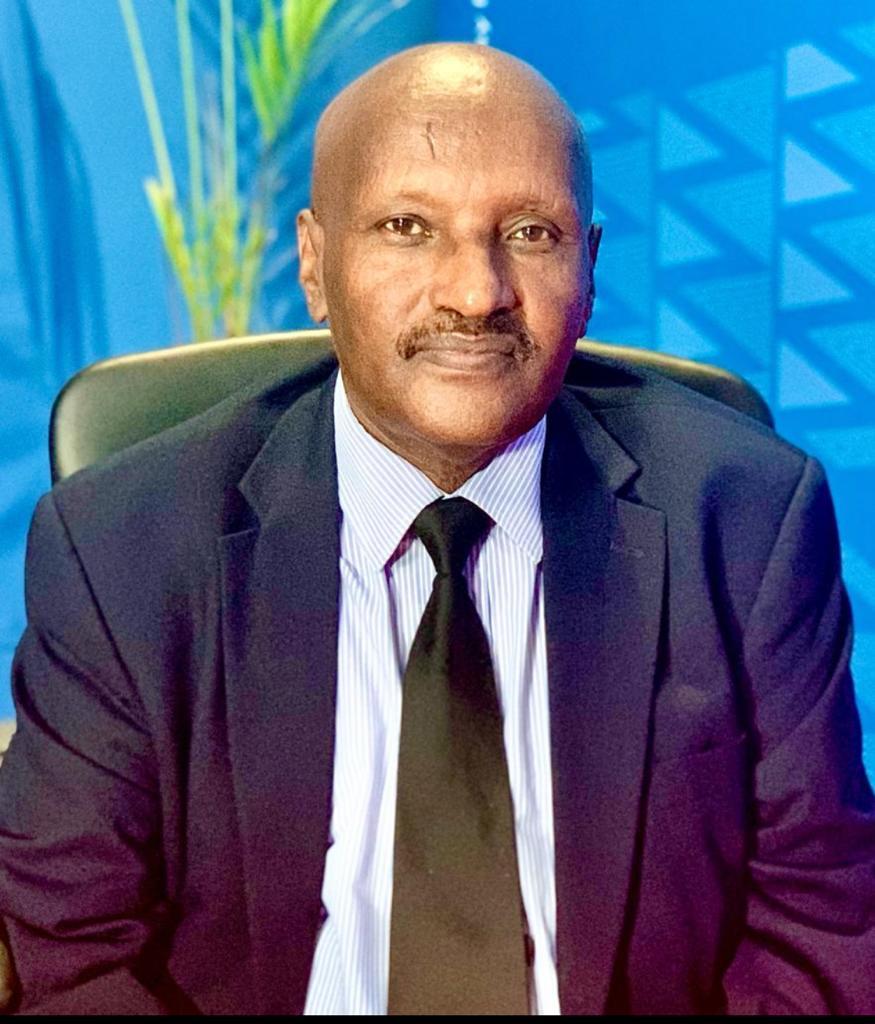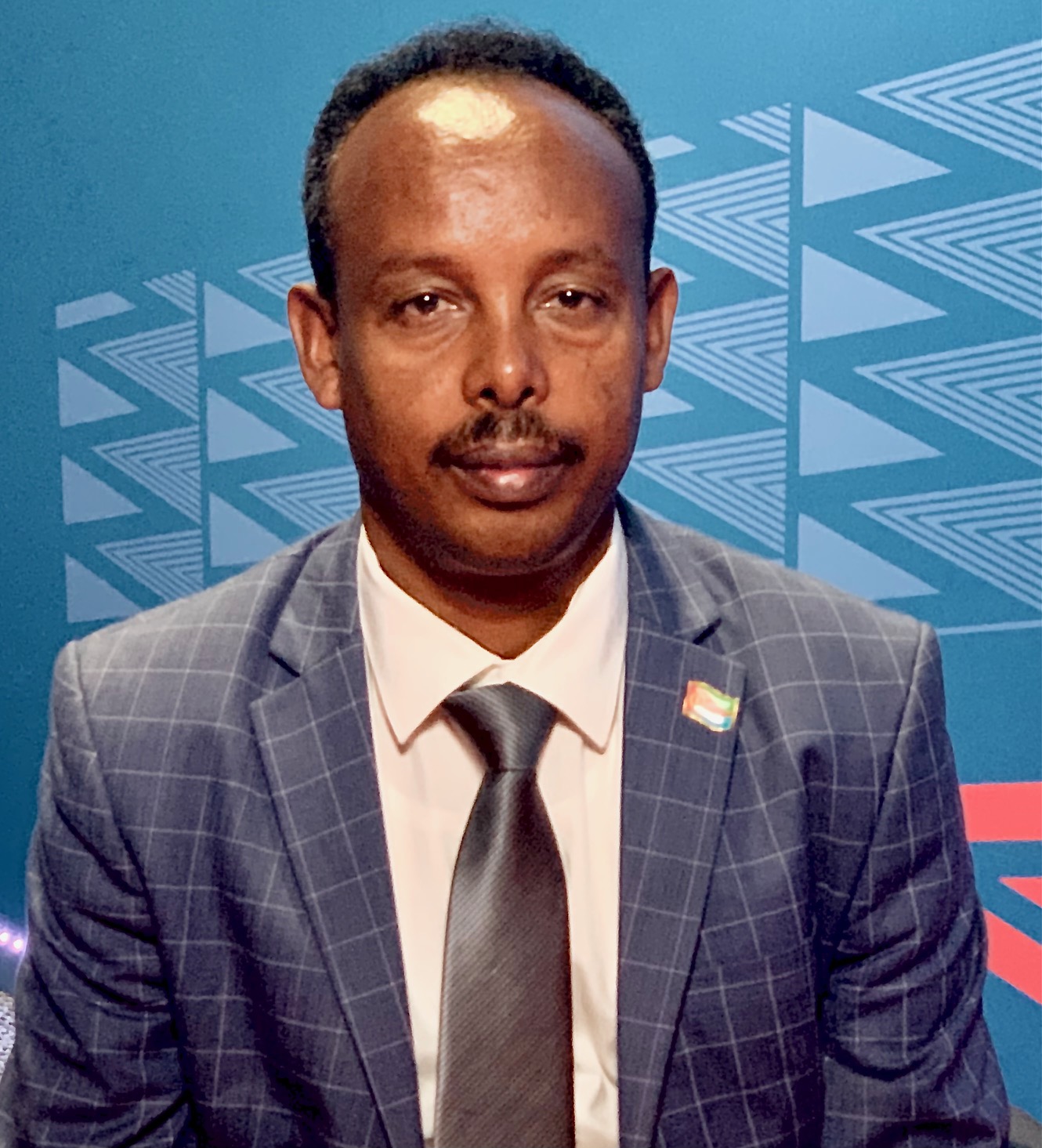The State of Eritrea
Eritrea is a country which is located along the Red Sea in the Horn of Africa. It adopted its current official borders on 1st January 1890 with the beginning of the Italian colonisation. With the defeat of Italy by forces of the British Empire and the end of Italian colonisation, Eritrea was placed under British Military Administration for ten years from 1941 until 1952. In 1952, following on from UN Resolution 390 passed in December 1950 and against the will of the Eritrean people, the United Nations federated Eritrea with Ethiopia. In 1962 Ethiopia, despite not having the authority to do so, dissolved the federation – a federation which had existed in name only – and annexed Eritrea. The action of the Ethiopian government served to further strengthen the Eritrean armed struggle which had been launched in 1961 by Idris Hamid Awate. The Eritrean armed struggle lasted for thirty years and culminated in the liberation of Asmara – the capital of Eritrea – on 24th May 1991– heralding the independence of Eritrea. Two years later in 1993 the people of Eritrea were given a chance to determine their fate in a national referendum held from 23rd to 25th April 1993 – an opportunity that they had been denied ever since the end of Italian colonisation in 1941. The outcome of the referendum was a resounding ‘yes’, with 99.8% of voters supporting Eritrea’s independence.In Eritrea there are nine ethnic groups; the Afar, the Blien, the Hidareb, the Kunama, the Nara, the Rashaida, the Saho, the Tigre and Tigrinya ethnic groups. These ethnic groups have their own language and unique cultures. There are two major religions in Eritrea – Christianity and Islam. Followers of these religion have lived and continue to live in peace and harmony. The working languages of the Government of the State of Eritrea are Arabic and Tigrinya.
Eritrea is one of the newly independent and most promising nations in Africa. Eritrea is strategically located along the Red Sea – a busy world trade route – and has a coastline on the Red Sea measuring close to 1200 km. In addition to this long coastline Eritrea has the Dahlak archipelago on the Red Sea, which is made up of over 350 islands. It is along this long coastline that the archaeological remains of the ancient port city of Adulis is located.
Eritrea has two major important ports – Massawa and Assab. These ports are conveniently located to provide easy access to regional and international markets. The Eritrean capital Asmara was inscribed by UNESCO in 2017 as a World Heritage site and is known as ‘Africa’s Secret Modernist City’.
Eritrea despite being located in a volatile region, is known for its peacefulness and tranquillity. Over the years Eritrea has played, and continues to play, a positive role in bringing security and prosperity to the Horn of Africa region.
Eritrea’s geographical location gives it a major advantage towards attracting competitive industrial and service-oriented investments: potentially making Eritrea a major hub for international business, investment and other financial services.
The developmental principles of the Government of the State of Eritrea are anchored on achieving social justice in Eritrea – where no one is left behind. It is with the concept of Social Justice in mind that the Eritrean government has been engaged in nation building by providing equitable services for all its citizens. Additionally, Eritrea has made significant strides, towards achieving food security, developing its human capacity, mitigating climate change, in the field of education and healthcare. Eritrea is one of the few countries that have managed to achieve most of the Millennium Development Goals set out by the UN — well ahead of the deadline that had been set.
The Government of Eritrea acknowledges that despite the temporary challenges currently facing Eritrea, it remains optimistic and is confident in being able to harness Eritrea’s immense human capital potential and natural resources to achieve the development goals it has set out.
The Embassy of the State of Eritrea takes this opportunity to invite you to get to know more about Eritrea through its website and hopes that in the future you will be able to travel to Eritrea and learn more about Eritrea’s diverse geography, its unique culture, and experience first hand the pride and beauty of the Eritrean people.

Mr Saleh Abdella
Chargé d’Affaires
Head of Mission

Mr. Tewelde Yohannes
First Secretary and Head of Public & Community Affairs

Mr. Suleman Hassen
Head of Consular Affairs

Mr. Yared Tesfay

